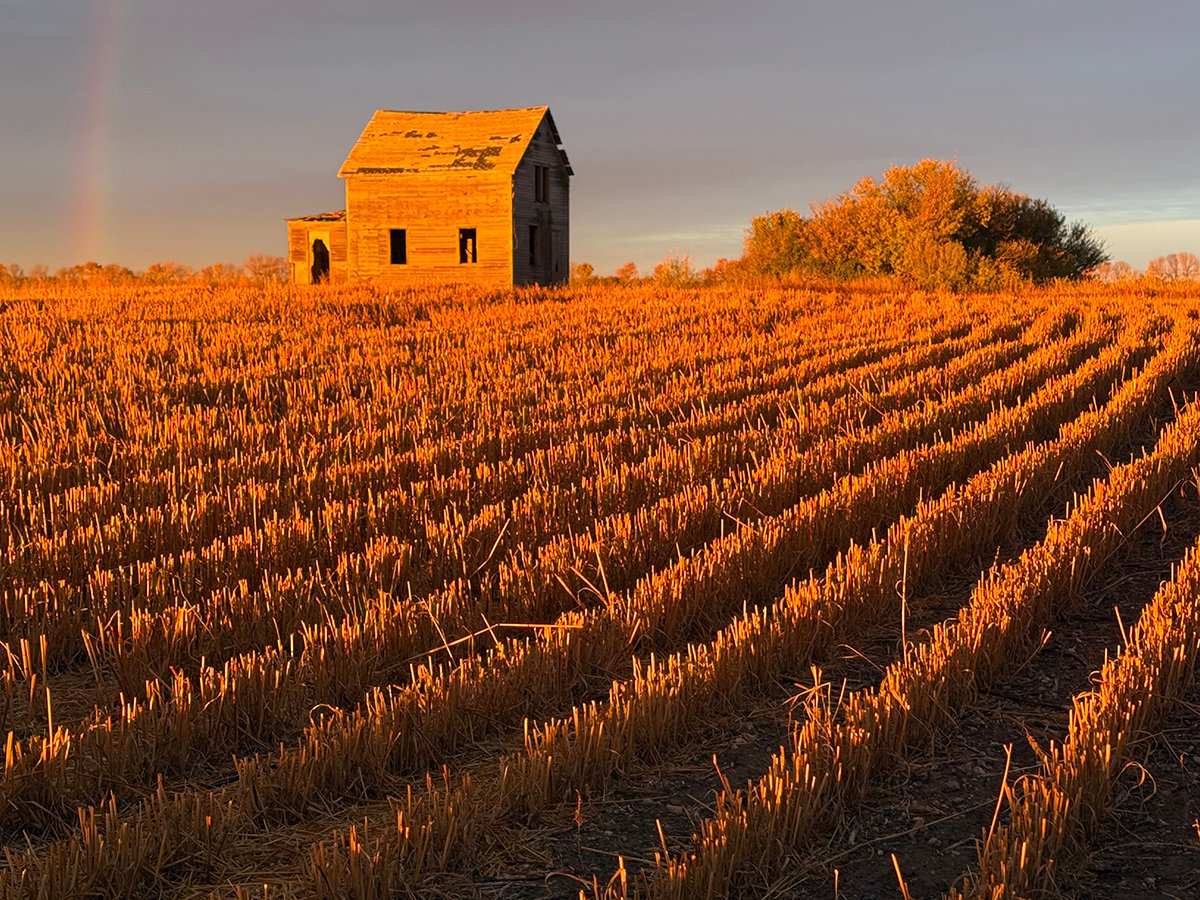The Saskatchewan NDP government last week unveiled a budget that boosts spending by nine percent but has many questioning its sustainability.
The opposition Saskatchewan Party said the government is trying to buy votes. An election is widely expected later this year.
“This budget is reckless and irresponsible,” said finance critic Ken
Cheveldayoff.
The budget calls for $8.35 billion in spending, including debt servicing costs, on revenue of $7.87 billion. It includes a $510 million draw-down from the province’s fiscal stabilization fund.
David MacLean of the Canadian Taxpayers Federation said it is reprehensible to draw from the so-called rainy day fund when it isn’t raining – the province’s economy is strong right now.
Read Also

Forecast leans toward cooling trend
July saw below average temperatures, August came in with near to slightly above average temperatures and September built on this warming trend with well above average temperatures for the month.
“Don’t buy the government spin,” he told reporters. “This is a deficit budget.”
Similar comments came from the Canadian Federation of Independent Business and the Chartered Accountants of Saskatchewan.
Finance minister Andrew Thomson said the government had been criticized in the past for having too much money in the fiscal stabilization fund and chose to withdraw some to pay for revenue lost after tax cuts announced last year.
The fund still contains $377 million, he said.
Saskatchewan will receive $226 million in equalization funding from Ottawa, assuming the federal budget passes. Of that, $68 million will go toward property tax relief and the remaining $158 million will pay down debt. Without that money the debt was actually scheduled to increase by $30 million. It will stand at $7.3 billion this fiscal year.
The health budget accounts for 44.2 percent of total expenditures, followed by education at 20.7 percent.















